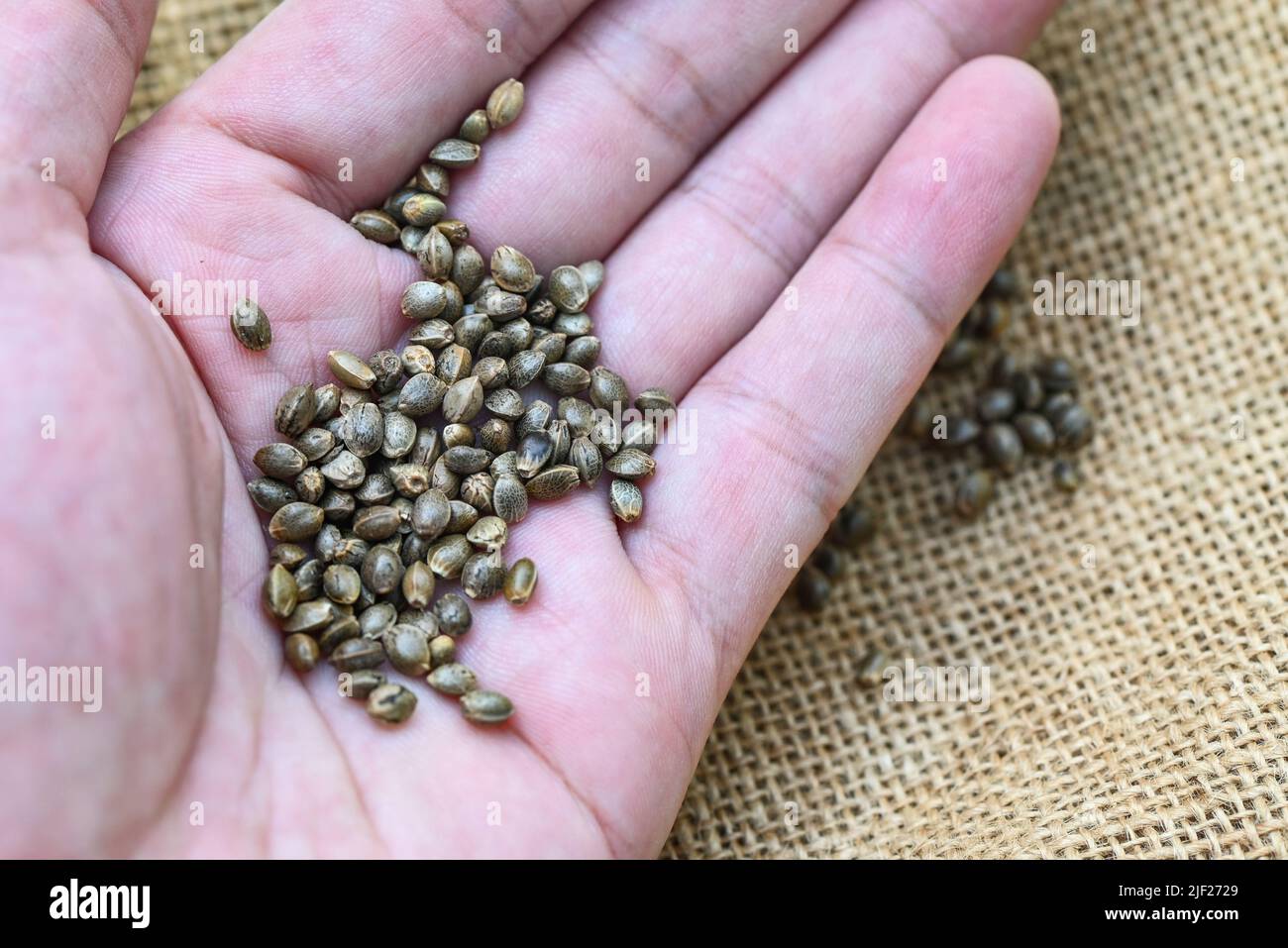In latest a long time, the worldwide hashish market has professional exponential progress, with raising recognition of the plant’s medicinal and recreational prospective. Between the key gamers in this burgeoning industry are hashish seed producers and distributors. Even so, navigating the advanced landscape of global polices governing cannabis seeds can be complicated. In this short article, we’ll delve into the intricacies of cannabis seed rules, checking out the numerous factors that affect international trade in this burgeoning business.
Understanding Cannabis Seed Laws:
Before delving into global trade, it is critical to have a sound grasp of the laws governing hashish seeds at both the nationwide and international degrees. Whilst some nations have legalized cannabis for professional medical or recreational use, some others keep demanding prohibitions on its cultivation, sale, and possession. These various regulatory frameworks significantly effects the import and export of cannabis seeds.
Legalization Position:
The very first phase in understanding hashish seed restrictions is to assess the legalization status of cannabis in the countries associated in trade. Some nations, these kinds of as Canada, Uruguay, and sure states in the United States, have legalized hashish for both clinical and recreational applications. In contrast, other individuals strictly prohibit its cultivation and use.
Seed Kinds:
Not all cannabis seeds are created equal in the eyes of the law. Distinct jurisdictions could have specific regulations about the sorts of hashish seeds that can be imported or exported. For instance, when industrial hemp seeds made up of negligible levels of THC (tetrahydrocannabinol) may perhaps be issue to less limits, seeds for superior-THC cannabis strains could experience tighter laws.
Licensing and Permits:
In many nations, the cultivation and sale of cannabis seeds are tightly regulated, requiring licenses and permits from government authorities. These licenses may perhaps specify circumstances this kind of as seed origin, genetic lineage, and THC information. Importers and exporters should guarantee compliance with these demands to stay clear of lawful repercussions.
Excellent Manage and Tests:
Guaranteeing the top quality and genetic integrity of cannabis seeds is paramount in international trade. Numerous international locations impose stringent top quality command steps, together with laboratory tests for genetic purity, THC degrees, and the presence of contaminants such as pesticides and pathogens. Compliance with these specifications is necessary for seed producers and distributors looking for to enter intercontinental markets.
Global Trade Criteria:
With an knowledge of the regulatory landscape, let us discover the crucial factors for intercontinental trade in hashish seeds.
Trade Agreements and Treaties:
Intercontinental trade in cannabis seeds is affected by different bilateral and multilateral agreements and treaties. For instance, the United Nations One Convention on Narcotic Medicines regulates the manufacturing and distribution of hashish and its derivatives on a world scale. In addition, regional trade agreements might effects the movement of cannabis seeds involving member states.
Import and Export Limits:
A lot of international locations impose import and export constraints on hashish seeds to reduce illicit trafficking and ensure compliance with domestic legislation. Importers and exporters should get the important permits and documentation from applicable authorities to aid the lawful transfer of seeds across borders.
Customs Clearance and Inspections:
Cross-border shipments of cannabis seeds are matter to customs clearance methods and inspections to validate compliance with regulatory specifications. Importers and exporters must precisely declare the contents of their shipments and offer supporting documentation to expedite the clearance procedure.
official source and Packaging:
The transportation of cannabis seeds needs very careful thought of packaging, labeling, and storage disorders to manage seed viability and avoid contamination. Seed shipments need to comply with worldwide requirements for packaging and labeling, together with apparent identification of seed kinds, origin, and intended use.
Compliance and Because of Diligence:
To mitigate authorized risks and guarantee regulatory compliance, importers and exporters of hashish seeds have to carry out complete due diligence on their buying and selling partners and source chains. This involves verifying the legitimacy of seed producers, getting essential permits and certifications, and documenting all transactions in accordance with relevant laws.
Conclusion:
In conclusion, navigating the regulatory landscape of hashish seed trade requires a in depth comprehension of countrywide and international restrictions, as perfectly as diligent compliance with legal specifications. By being knowledgeable and adhering to finest procedures in top quality control, licensing, and documentation, seed producers and distributors can effectively navigate the complexities of global trade and add to the development of the world wide hashish market.
As a result of adherence to rules and ideal procedures, the global trade of cannabis seeds can thrive, supporting the expansion of authorized hashish marketplaces and fostering innovation in seed genetics and cultivation tactics